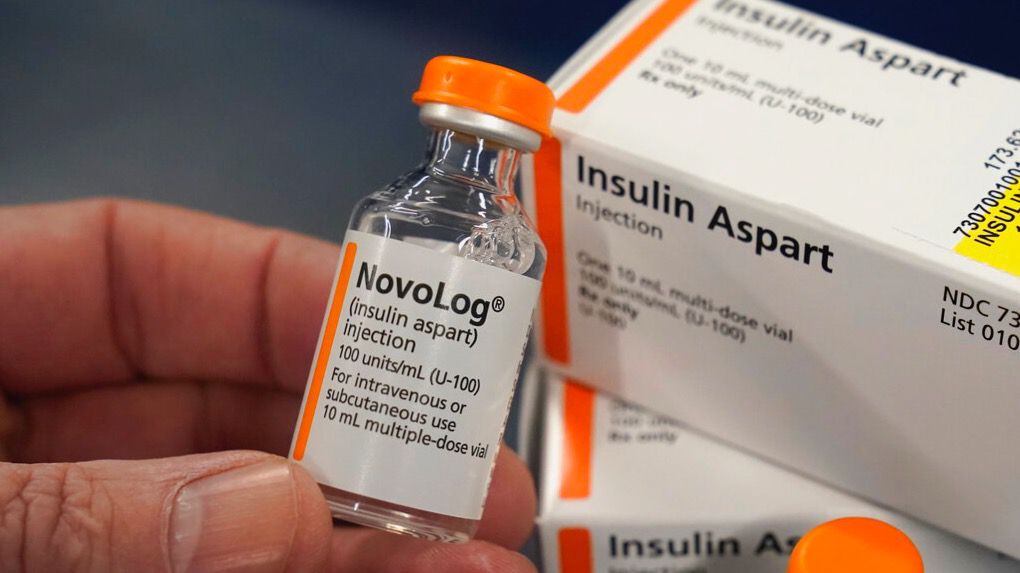The U.S. Department of Health and Human Services is taking the next step in the White House's plans to lower prescription drug costs Thursday. On Feb. 1, the Biden administration opens negotiations with major drug manufacturers, with the goal of capping prices on certain drugs for Medicare recipients.
"For the first time in history, Medicare is making offers on the fair price for ten of the most widely used and expensive drugs. Medicare is no longer taking whatever prices for these drugs that the pharmaceutical companies demand," President Joe Biden said in a statement.
"When your prescription drugs cost two to three times more than they probably should, you're forced to make unconscionable choices," HHS Secretary Xavier Becerra told reporters on a call previewing the announcement. "That changes now with drug price negotiations."
Federal negotiations with prescription drug companies aren’t wholly new, Becerra said, adding that other federal health care agencies, like the Department of Veterans Affairs, have had similar powers for decades.
Manufacturers have agreed to negotiations on 10 prescription drugs as part of a provision within Inflation Reduction Act, Biden's health care, climate change and tax reform bill. Four of the drugs — Jardiance, Januvia, Faxiga, Fiasp and NovoLog — have uses in treating diabetes. The other drugs are used in treating or preventing blood clots (Eliquis and Xarelto), treating varieties of arthritis or inflammatory diseases (Stelara and Enbrel) or treating blood cancers (Imbruvica).
"These medications can mean the difference between debilitating illness and living full lives. Effective treatment for rheumatoid arthritis, for example, means relief from swollen and painful joints, as well as prevention of permanent nerve damage," Centers for Medicare and Medicaid Services Director Chiquita Brooks-LaSure told reporters on the call. "The new caps on out of pocket costs will truly be life-changing in enabling people to better afford these treatments."
According to HHS, those 10 drugs made up $50.5 billion, or 20% of prescription drug costs, for Medicare’s Part D drug coverage from June 2022 to May 2023. Medicare users who don’t qualify for low-income subsidies annually paid out of pocket costs between $261 for Fiasp and $6,497 for Imbruvica.
"As in any negotiation, there will be an opportunity for the drug manufacturers to counter," Becerra said, adding that the discussions will be true negotiations, not price setting. According to federal law, negotiations must end by Aug. 1, with new prices scheduled to take effect in Jan. 2026.
However, drug companies have sought to block the bill through lawsuits, alleging Constitutional violations, industry news site Fierce Healthcare reported last year. A Georgetown University Law Center litigation tracker shows 10 cases of companies challenging the law.
When asked by reporters about the lawsuits and preliminary negotiations with drug manufacturers, senior administration officials demurred, saying that "this is a negotiation between two parties, and it is going to take two entities to come to a deal."
Officials acknowledged arguments that price cap negotiations can stifle growth and investments in drug manufacturers, but didn’t give them much weight.
"The President has been very clear that when drug companies invent new therapies that are meaningful, clinical improvements, they absolutely should have the opportunity to earn a fair return on their investments," officials said. But the 10 drugs at issue have been on the market without generic competition, because the companies have worked to "game the patent system," they added. The negotiations, they said, are intended to balance between drug company profits without "[letting] the American taxpayer and American seniors continue to be ripped off by gaming of our system and prices that are two to three times higher than what the rest of the world pays."
These negotiation efforts follow the Biden administration’s plans to cap insulin costs at $35 for seniors and people with disabilities and a cap on out of pocket drug costs for seniors starting in 2025.
"The days where Americans pay two to three times what they pay for prescription drugs in other countries are ending," Biden said.



